VICTORVILLE, Calif. — When Mia Bloomer found out she was pregnant with her fourth child, she wanted a different birth experience. She wanted to feel empowered, informed, and heard — elements she found lacking during her earlier births.
Somewhat by accident, Bloomer, 26, found Priya Kalyan-Masih six months into her pregnancy. Kalyan-Masih is a doula, a professional childbirth companion who provides emotional support, physical comfort, and education to women before, during, and after pregnancy. Bloomer hadn’t realized Medi-Cal would cover the service until she visited an informational fair near her home in the High Desert region of Southern California.
Medi-Cal, California’s Medicaid program for low-income residents, started offering the benefit in January — but doulas have wrestled with the program’s bureaucratic requirements and what they say is insufficient pay.
“Priya really listened to me. Out of all my births, this was the most peaceful and stress-free,” said Bloomer, who is a student working part-time as an in-home caregiver and at a detox center. “The fact that I didn’t have to pay anything out-of-pocket was life-changing.”
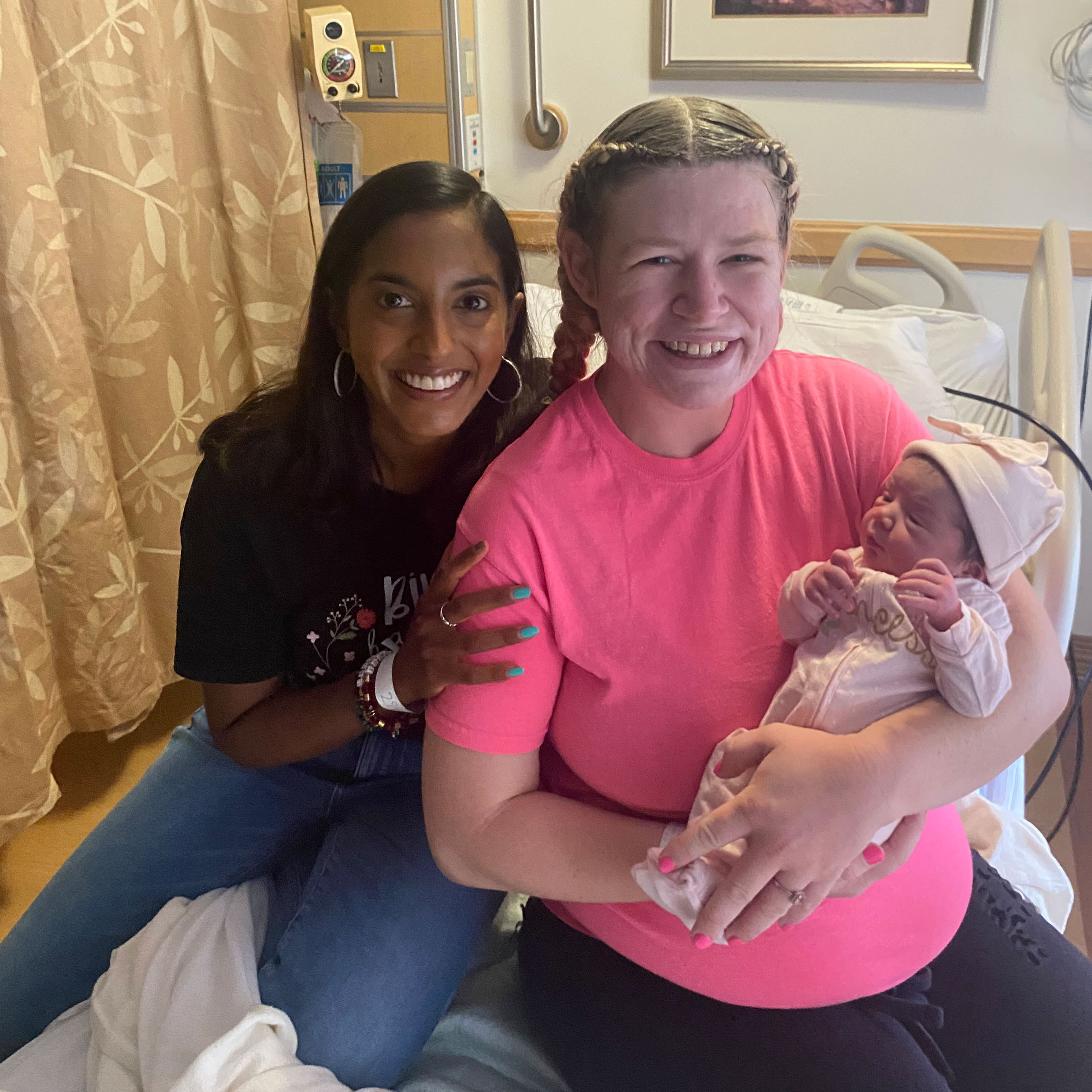
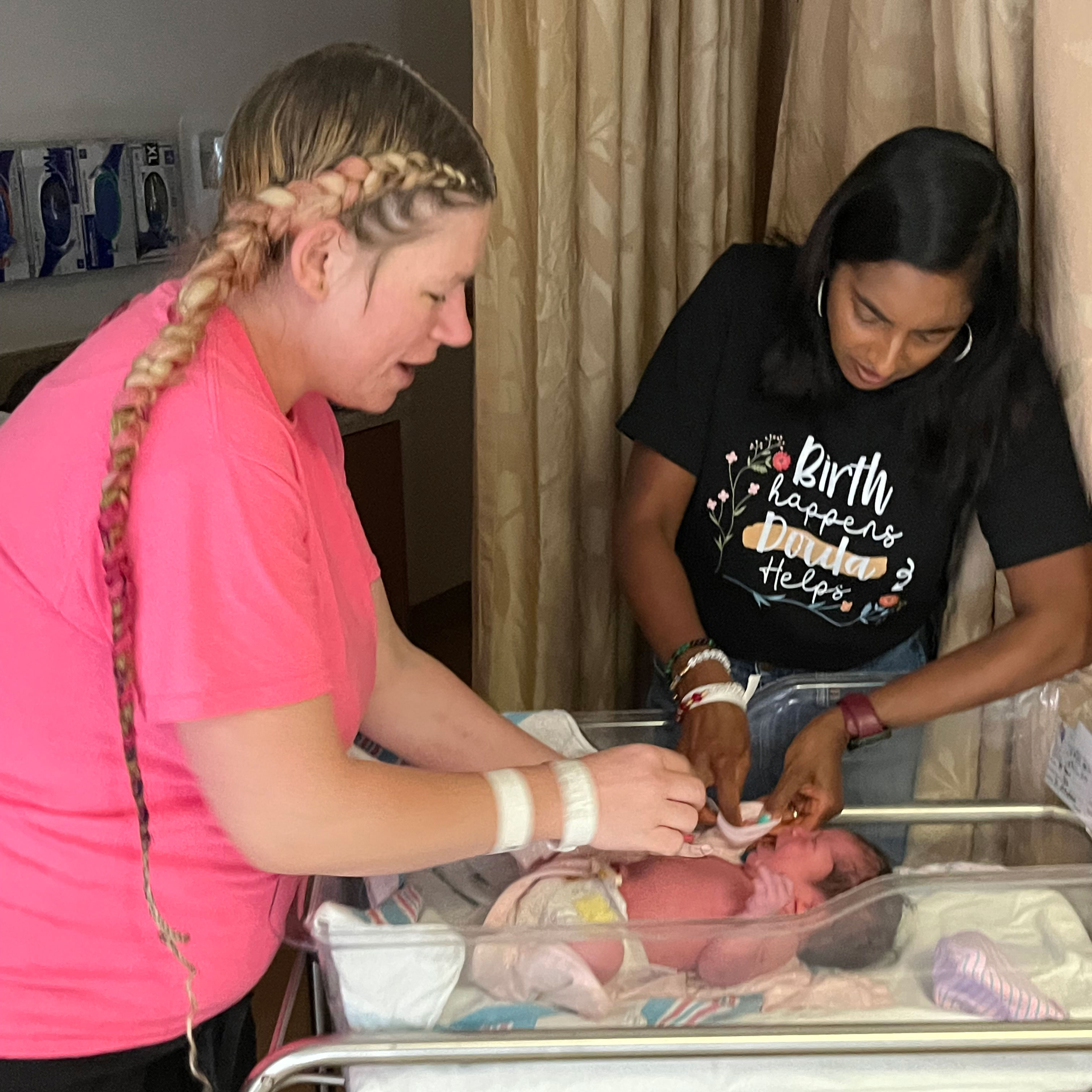
Having Kalyan-Masih at her side was critical for Bloomer because her partner — now fiancé — was imprisoned a few weeks after she found out she was pregnant, which would have meant she’d have to navigate her pregnancy and delivery without him.
Across the country, doulas are being enlisted to combat rising maternal mortality rates. In 2021, the most recent year for which data is available, about 1,200 women in the U.S. died from pregnancy complications either during pregnancy or within six weeks afterward, about 60% more deaths than were reported two years earlier, according to the Centers for Disease Control and Prevention.
The numbers are starkest for Black women and their children. In 2021, Black women died at more than 2½ times the rate of white women.
Doulas are distinct from the medical team and act as advocates for birthing parents. A National Institutes of Health study published this year found that doula care was associated with reductions in cesarean sections, epidural use, length of labor, premature deliveries, and maternal stress.
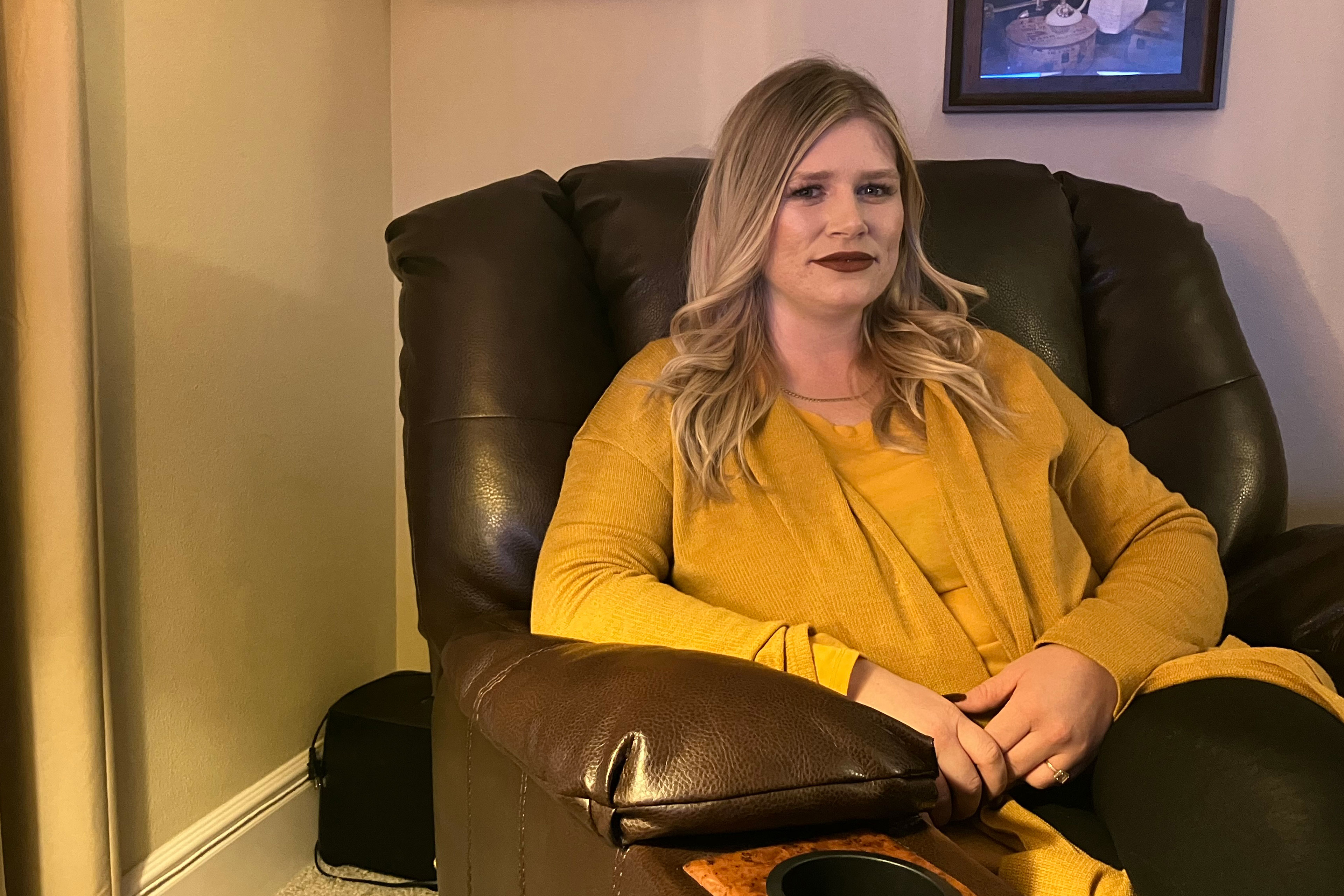
During Bloomer’s pregnancy, Kalyan-Masih assisted with strategies such as mapping a birth plan and coaching Bloomer on breathing techniques to ease her anxiety.
Less than a year after Bloomer moved from Texas to be with her fiancé, Tim Smith, he was arrested for firearm possession while on probation for drug-related charges. That left Bloomer in Victorville, on the edge of the Mojave Desert, far from friends and family.
In Smith’s absence, Bloomer was grateful for Kalyan-Masih’s companionship and reminders to take care of herself, she said.
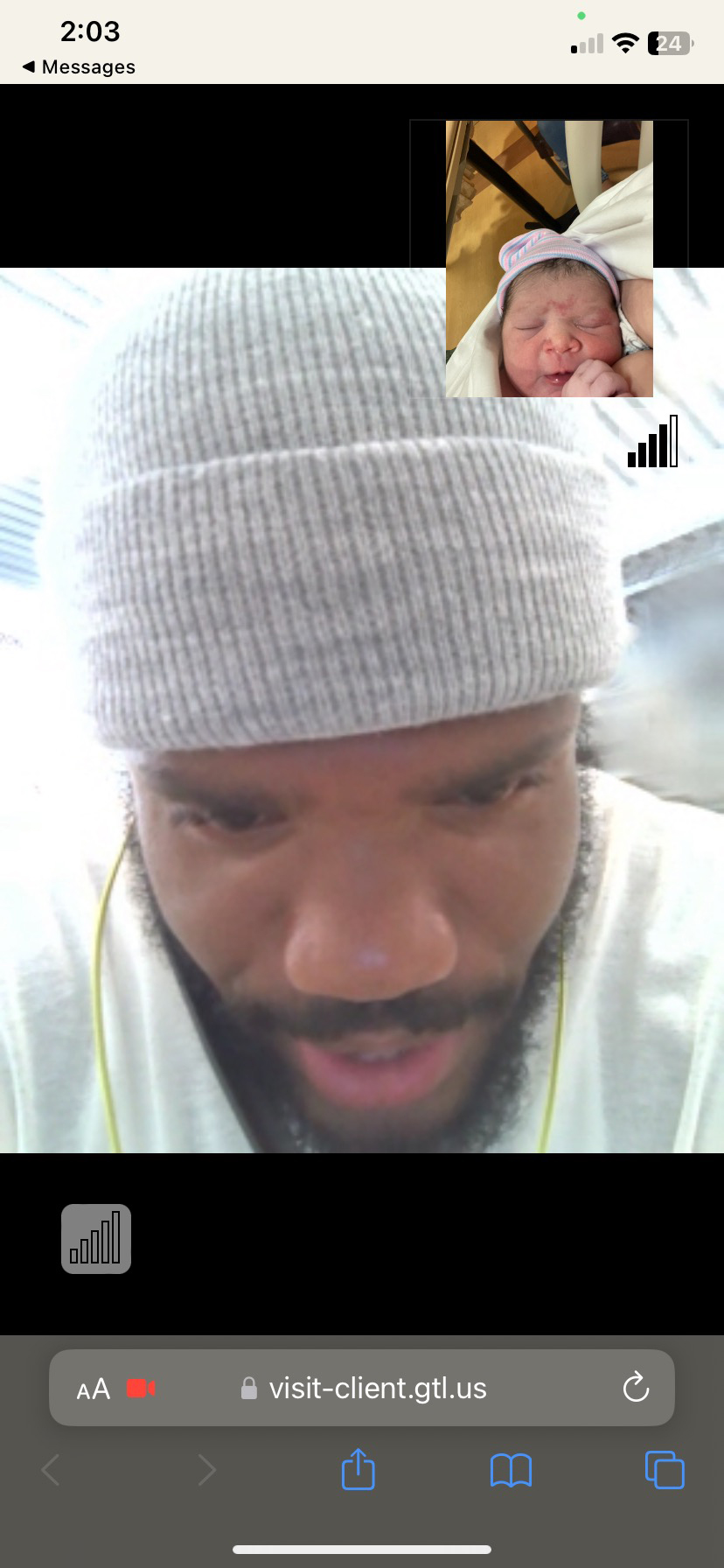
But what meant the most was Kalyan-Masih’s willingness to weave Smith into the birth without judgment, she said. Kalyan-Masih acted as his eyes and ears at the hospital in June, running around with Bloomer’s phone so Smith could meet his newborn daughter, Tiara, via FaceTime.
“It meant everything. I mean, I’m locked up and I saw the baby before Mia did,” Smith recalled, laughing. “Priya made everything possible. She held the phone. She was running around when the baby came out. She made it feel like I was there.”
Smith met Tiara in person when he was released a month later.
Kalyan-Masih’s presence also led to a noticeable difference in how medical staff treated her, Bloomer said.
During her previous deliveries, she felt the medical professionals had been pushy and dismissive. For example, when her son Thaddeus was born last year, she said, doctors pressured her to get an epidural against her wishes after Smith left the room to grab her lunch.
“When I had Priya in the room, they were more attentive to my needs and didn’t treat me like my opinion didn’t matter,” Bloomer said. “It wasn’t an argument or debate. It was just like, ‘OK, that’s what we’re doing.’”
Medi-Cal covers up to 11 doula visits before and after pregnancy, and support during labor and delivery — and patients can petition for extra postpartum visits. Doulas can also be paid by Medi-Cal for providing support during and after miscarriages or abortions.
“I always explain it as obstetricians and midwives are the ones catching babies, and doulas catch Mom,” said Kalyan-Masih, who is a medical doctor by training and a doula since January.
Kalyan-Masih is pleased with California’s investment in doula services but said it has been a challenge to maneuver Medi-Cal’s administrative requirements, like acquiring business licenses.
Samsarah Morgan, a doula and founder of the Oakland Better Birth Foundation, said the business license fees, in addition to Medi-Cal’s reimbursement rates, prevent some doulas from participating in the program.
The state pays doulas fixed rates per visit, adding up to $1,154 if patients schedule the standard number of nine visits before and after birth, in addition to labor and delivery. Doulas can make up to $2,078 through Medi-Cal if patients schedule additional postpartum visits. The $1,154 rate is more than twice what the state initially proposed in 2022, and Morgan said that she’s grateful for the increase — but that it’s still not enough.
In her own practice, most clients pay $2,500 to $3,500, typically out-of-pocket since, in her experience, many private insurance plans don’t cover doula services, she said.
“I want to work with clients who are on Medi-Cal, but I also need to pay my bills,” Morgan said.
Griselda Melgoza, a spokesperson for the Department of Health Care Services, which administers Medi-Cal, said the department pays doulas the same as other providers — including doctors, nurses, and physician assistants — for the same services. The department has proposed rate increases for doula services next year, which would vary by type of delivery. A doula who provides the standard nine visits and attends a vaginal delivery, for example, would be paid $2,180, 89% more than the current rate.
Preliminary data shows that 50 doula claims were processed statewide as of July 31 and that claims from that time frame are still coming in, Melgoza said. She added that the department is working to make the benefit more accessible. In November, for instance, it eliminated most referral requirements, removing a hurdle for patients.
Bloomer said she wishes she had been able to work with a doula during previous pregnancies, especially when she was carrying Lucas, her first child, at age 19.
At the time, she didn’t know what questions to ask or what to expect, including how to cope with postpartum depression.
“With a doula, I would have been more informed,” Bloomer said as 6-month-old Tiara babbled on her lap. “I would have felt more empowered. I would have had the kind of support that would have made me a better mom.”
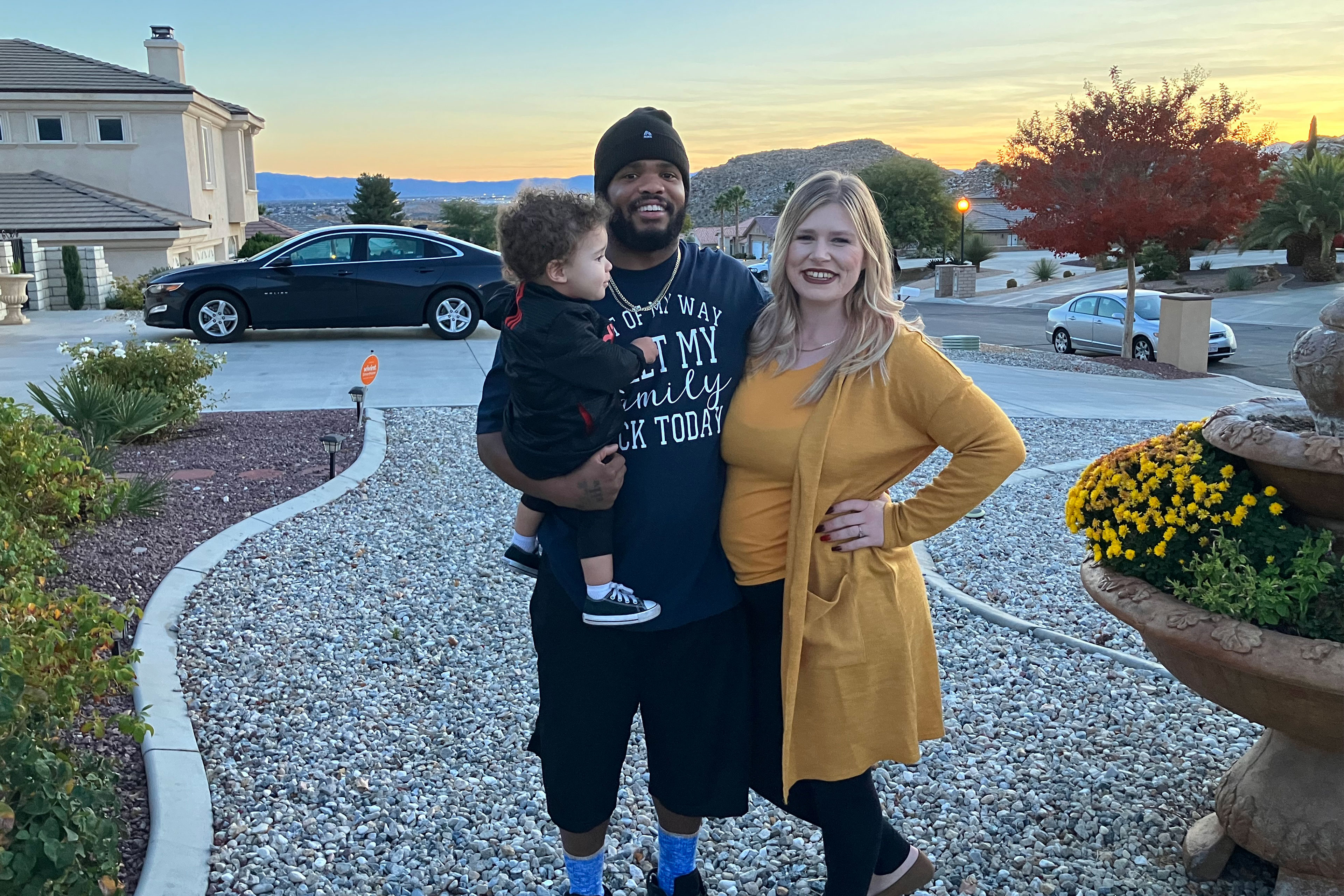
This article is part of “Faces of Medi-Cal,” a California Healthline series exploring the impact of the state’s safety-net health program on enrollees.
This article was produced by KFF Health News, which publishes California Healthline, an editorially independent service of the California Health Care Foundation.
KFF Health News is a national newsroom that produces in-depth journalism about health issues and is one of the core operating programs at KFF—an independent source of health policy research, polling, and journalism. Learn more about KFF.
USE OUR CONTENT
This story can be republished for free (details).
from KFF Health News https://ift.tt/UyMNK73
 Rose
Rose
0 comments:
Post a Comment